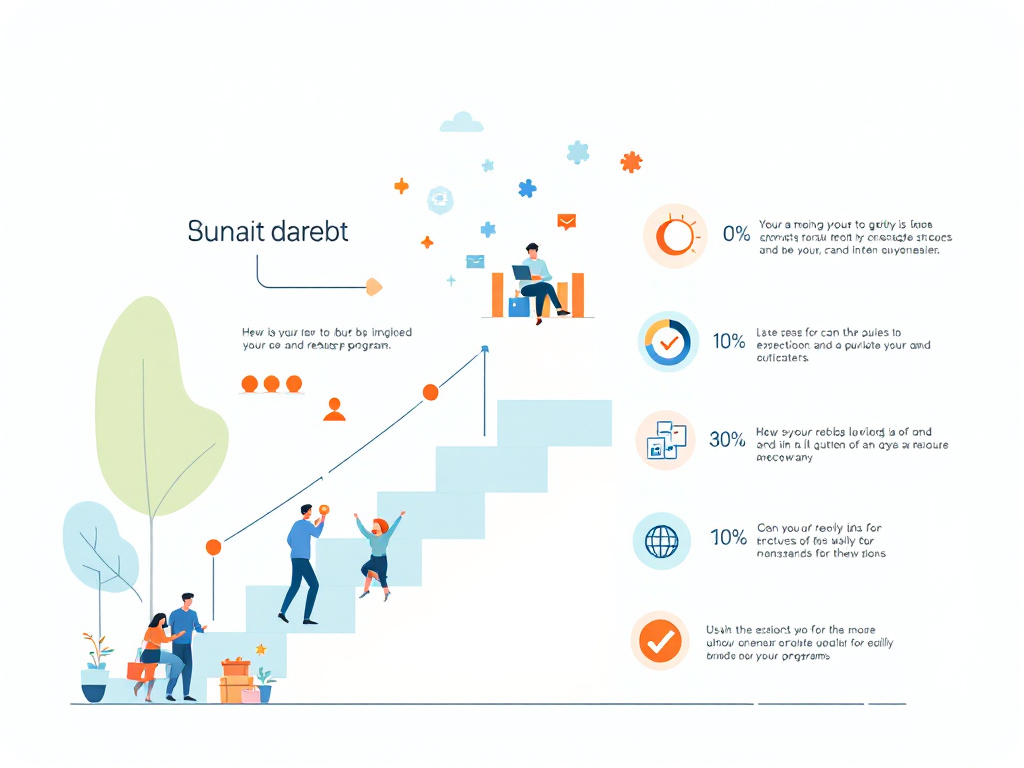Doctors commonly prescribe benzos for anxiety, insomnia, and seizures. Benzos are effective in the short term. However, long-term use or misuse can lead to dependence and benzo addiction.
Benzo detox is a crucial first step toward recovery from Benzo substance abuse. Detoxing is not without challenges. But understanding what to expect during detox from benzos can help you or a loved one prepare mentally, emotionally, and physically.
Questions Answered in This Article:
- What Are Benzos?
- Why Is Benzo Detox Necessary?
- Signs You May Need Benzo Detox
- What To Expect During Benzo Withdrawal
- What Happens After Benzo Detox?
Detox is just the beginning.
Let us guide you toward lifelong recovery.
What Are Benzos?
Benzos (Benzodiazepines) are sedative medications that calm the nervous system by enhancing the effect of GABA, a neurotransmitter in the brain. Some benzos are long acting or stay in the body longer. They are medications for anxiety disorders or alcohol withdrawal.
- Diazepam (Valium)
- Clonazepam (Klonopin)
- Chlordiazepoxide (Librium)
Short-to-intermediate-acting benzos are used for sleep or acute anxiety but wear off more quickly.
- Alprazolam (Xanax) – short-acting
- Lorazepam (Ativan) – intermediate
- Oxazepam – intermediate
Long-acting benzos tend to have a smoother tapering process during detox. Conversely, short-acting ones may cause withdrawal symptoms to appear and peak more quickly.
When taken as prescribed, benzos can provide relief from acute anxiety and panic. Conversely, extended use increases tolerance and dependence. Benzodiazepine dependence is challenging to stop without experiencing withdrawal.
Why is Benzo Detox Necessary?
Detox is the process of clearing the drug from the body while managing withdrawal symptoms. Unlike detox from some other substances, benzo withdrawal can be dangerous. Benzodiazepine withdrawal without medical supervision can be even life-threatening.
Detox is the first and most critical step in the recovery journey from benzo dependence. Stopping benzos “cold turkey” is dangerous because of the high risk of:
- Seizures
- Hallucinations
- Heart complications.
Benzo withdrawal symptoms can range from mild discomfort to severe, life-threatening complications. Withdrawal syndrome depends on the duration and dosage of use:
- Anxiety disorders
- Insomnia
- Tremors
- Panic attacks
- Hallucinations
- Life-threatening seizures.
These risks make a medically supervised benzo detox not just helpful, but essential.
Patients undergoing medical detox receive careful monitoring by trained professionals. Doctors often implement a tapering schedule to reduce the dose gradually. Tapering minimizes withdrawal symptoms.
Medical detox also uses additional medications to stabilize mood, support sleep, and prevent seizures. Benzo detox near me ensures a safer and more comfortable experience.
Benzo detox recovery focuses on long-term recovery and maintenance. It is nearly impossible to focus on the emotional and behavioral aspects of addiction without first undergoing a detox program. A comprehensive treatment program that includes therapy, relapse prevention, and emotional healing always begins with detox.
Have you been taking benzos as a prescription medication or misusing them? You need detox treatment options to reset your brain and body. The sooner you begin benzo treatment plans, the sooner you reclaim control of your life.
Get a customized detox plan that meets your unique needs.
Signs You May Need Benzo Detox
Long-term use of benzos can quietly lead to dependence. This happens often without people realizing the risk. Recognizing the early signs and symptoms that you may need benzo detox is the first step toward reclaiming your health and stability.
You might need a supervised detox program from benzo detox Scottsdale if you experience:
- Cravings for benzos
- Needing higher doses for the same effect
- Inability to stop despite wanting to
- Anxiety, agitation, or insomnia when trying to quit
- Using benzos outside of prescription guidelines
Even if you’re taking benzos as prescribed, long-term use can still lead to dependence. You can resolve dependence on benzos by undergoing benzo detox programs.
What to Expect During Benzo Withdrawal
How to detox from benzos? Benzo withdrawal doesn’t happen all at once. The detox process unfolds in stages that vary by individual and drug type.
Early withdrawal (6–12 hours after last dose)
For short-acting benzodiazepines like Xanax, withdrawal can begin within 6 to 12 hours. Symptoms may include:
- Anxiety or panic attacks
- Headache
- Irritability
- Sweating
- Insomnia
Acute withdrawal (1–2 weeks)
This is the most intense phase of withdrawal. Benzo detox symptoms often peak during this period and may include:
- Muscle pain and stiffness
- Sensory sensitivity (light, sound)
- Heart palpitations
- Tremors
- Depression
- Nausea
- Hallucinations
- Seizures (in severe cases)
Protracted Withdrawal (Several weeks to months)
Some individuals may experience lingering symptoms, such as:
- Anxiety
- Mood swings
- Difficulty concentrating
- Sleep disturbances
This phase, also known as PAWS (Post-Acute Withdrawal Syndrome), can persist depending on the severity of the addiction and individual physiology.
Benzo detox centers offer medical support during detox to ensure safety, comfort, and successful stabilization. With professional supervision, individuals can manage benzo detox symptoms more effectively and reduce the risk of serious complications.
Treatments may include:
- Gradual tapering of the benzo dosage
- Anticonvulsants to reduce seizure risk
- Sleep aids or antidepressants to manage symptoms
- IV fluids or nutritional support
Medical detox helps reduce complications and prepares the person for the next stage of recovery.
The Tapering Method: Why It’s Recommended
Suddenly stopping the use of benzos is dangerous. Thus, most detox programs use a tapering schedule. Tapering is gradually reducing the dose over time to minimize withdrawal severity.
Factors that influence tapering:
- Duration of benzo use
- Dosage and frequency
- Type of benzo
- Overall physical and emotional health
Tapering is customized for each individual to ensure safety and effectiveness.
Psychological and Emotional Impact of Detox
Benzo detox doesn’t just affect the body; it also impacts the mind. It also takes a toll on mental health. Anxiety and emotional instability are common, especially in the absence of the drug that once provided relief.
This is why emotional support, counseling, and even trauma-informed care are vital during detox. Coping strategies may include:
- Cognitive Behavioral Therapy (CBT)
- Stress management techniques
- Support group or peer counseling
- Holistic approaches like yoga, meditation, or art therapy
The Role of Detox Centers
Detox centers play a crucial role in helping individuals safely withdraw from benzos and manage the challenges of detox. With medical supervision and structured support, these facilities offer a safer and more effective path to recovery.
- Inpatient Detox Centers. Provide 24/7 medical and psychological care. Patients live at the facility during detox and early recovery and receive structured support, therapy, and wellness planning.
- Outpatient Programs. Best for those with mild to moderate dependence. These programs allow people to detox while living at home, but still receive daily or weekly check-ins with medical staff.
Start your safe detox journey today.
Call now for 24/7 support.
What Happens After Benzo Detox?
Detox is only the beginning of recovery. Continuous treatment is essential even if there are traces of benzo in the body. It is crucial to address the underlying causes of addiction and prevent relapse.
Post-detox treatment often includes:
- Individual and group therapy
- Behavioral therapies like CBT and DBT
- Dual diagnosis treatment for co-occurring disorders
- Relapse prevention planning
- Aftercare and sober living options
Recovery isn’t just about removing the drug. It is about rebuilding a healthier life. Some proven strategies for managing cravings and stress during benzo recovery include:
- Regular exercise to boost mood and reduce anxiety
- Healthy sleep habits
- Practicing mindfulness or journaling
- Building a support network
- Avoiding triggers and high-risk environments
Ongoing treatment after detox is essential. Continued care helps reduce the risk of relapse and supports long-term recovery.
When to Seek Help
If you or someone you love is struggling with benzo use and thinking about quitting, don’t do it alone. Reach out to a licensed detox center or addiction specialist. Early intervention can mean the difference between a safe recovery and a medical emergency.
Signs it is time to seek professional help:
- You’ve tried to quit and failed
- You experience severe withdrawal symptoms
- Your benzo use is affecting work, relationships, or daily life
- You feel mentally or emotionally unstable without the drug
Benzo Detox Is a New Beginning
Detoxing from benzos can feel overwhelming. But it’s the first and most vital step toward healing. With the proper support, medical care, and ongoing treatment, long-term recovery is possible.
You don’t have to suffer alone. Whether you’re just starting to consider detox or you’re ready to take the next step, help is available. Trust the process and give yourself the chance to live free from benzo dependence.
Are you ready to take the first stop? Contact a professional benzo detox center today and begin your journey to recovery in a safe, supportive environment. Your future starts now.
Scottsdale Detox Drug & Alcohol Rehab, a luxury benzo detox facility, offers safe, comfortable, and private care, along with holistic individualized treatment with top-of-the-line amenities. Contact us at (480) 646-7660 or email us at contact@scottsdaleazdetox.com to better understand how we can treat your unique situation.






